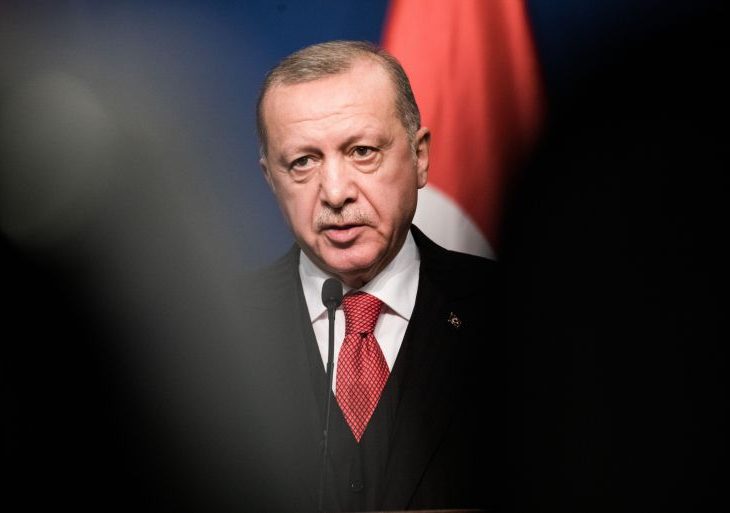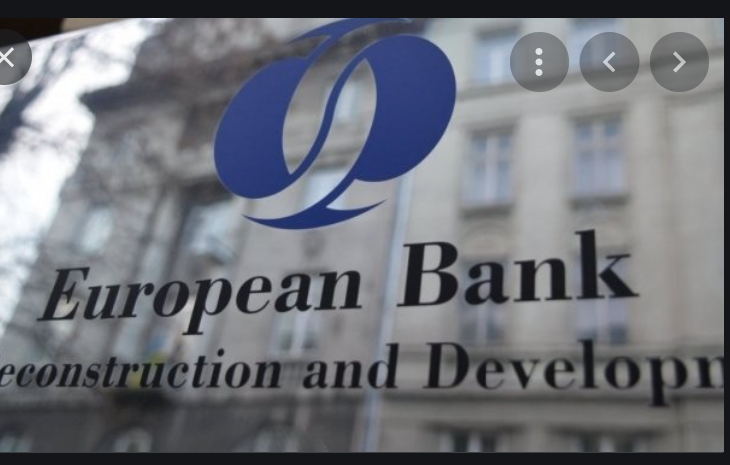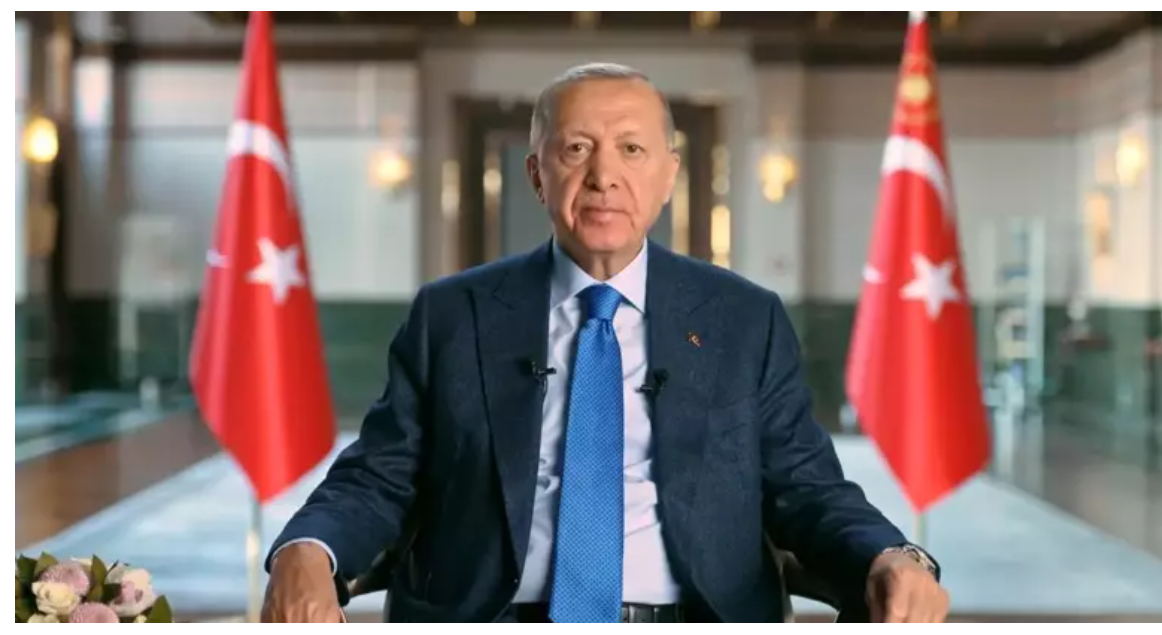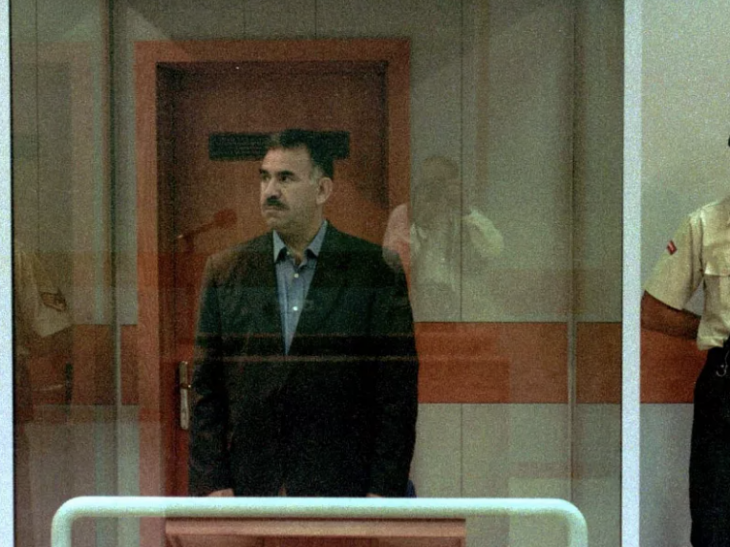Ankara expands its footprint in Africa
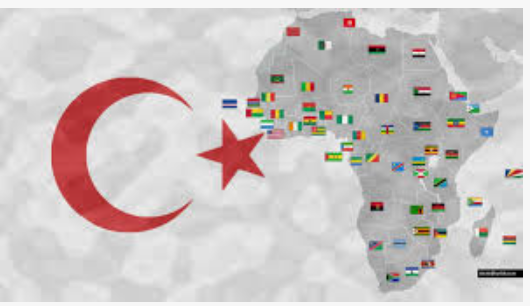 tr-africa
tr-africa
Turkey’s interest in all things African grows by the day, as per Erdogan’s policy of projecting soft power to a broader region and to find new markets for Turkey’s distressed export industries ailing from low demand in European and the side effects of a strong currency.
“Through conflict mediation, financial aid, construction projects, and arms sales, Turkey deepens its economic and political ties with African nations”, writes Kristina Jovanovski for the Medialine.
Ethiopia and Somalia will hold a third round of talks in Turkey on September 17 to resolve a maritime dispute, showcasing Turkey’s growing influence in Africa. Although Turkey has focused on Somalia, it has expanded its investments and strengthened ties across Africa.
The government and affiliated institutions, like the IHH Humanitarian Relief Foundation, have built mosques in Ghana and Mali, with Mali also receiving assistance to build hospitals.
Turkey has sold drones to several African countries, including Togo, Chad, and Niger.
Trade between Turkey and Africa grew eightfold from 2003 to 2022, surpassing $40 billion last year.
Turkey has made unsuccessful attempts to ease tensions between Ethiopia and Somalia.
The dispute began when Ethiopia signed a deal with the breakaway region of Somaliland, granting it access to a coastline for a naval base in exchange for recognizing Somaliland’s independence. Somalia viewed this as a threat to its sovereignty.
Turkish Foreign Minister Hakan Fidan stated that “notable progress” was achieved in the second round of talks between Ethiopia and Somalia in August.
Aydin Sezer, a foreign policy analyst in Ankara, said Turkey seeks to expand its influence in Africa for economic, political, military, and religious reasons.
Sezer added that the government is interested in economic opportunities and investments that align with the Justice and Development Party’s religiously motivated foreign policy.
Turkish drones, particularly Bayraktar models, have gained international attention for their effectiveness in Ukraine’s conflict with Russia.
Selçuk Bayraktar, President Erdoğan’s son-in-law, co-owns the company that produces these drones and is seen as a potential successor to Erdoğan. Although the company is privately owned, analysts say government approval is necessary for weapons sales.
Sezer explained that the Turkish government offers financial support to African nations to promote drone sales.
Turkey extends credits and loans to these countries, particularly for UAVs and drones, which lead to sales by Turkish companies
“When discussing economic opportunities, defense industry products are key. Turkey extends credits and loans to these countries, particularly for UAVs and drones, which lead to sales by Turkish companies,” he told The Media Line.
Turkey has particularly strengthened its relationship with Somalia.
In 2016, Turkey opened its largest embassy globally in Somalia, with Erdoğan presiding over the ceremony in Mogadishu.
During a severe drought and famine in 2011, Erdoğan became the first non-African leader to visit Somalia in nearly 20 years.
In 2021, Turkey pledged $30 million in aid to the country.
Sezer noted that Turkish companies managing Somalia’s airport and port have strong ties to the Turkish government.
Turkey’s efforts to broaden its economic and political reach in Afrika has become easier as Erdogan hosted Egyptian president al Sisi in Ankara, where presumably the two leaders worked out their differences concerning Libya. Turkey’s return to the Arab League after a 13 year hiatus will also remove obstacles from the country’s push into virgin African markets.
Follow our English language YouTube videos @ REAL TURKEY: https://www.youtube.com/channel/UCKpFJB4GFiNkhmpVZQ_d9Rg
And content at Twitter: @AtillaEng
Facebook: Real Turkey Channel: https://www.facebook.com/realturkeychannel/



